Top 10 reviews of 2008
Here's our run down of the top 10 reviews of the past 12 months.

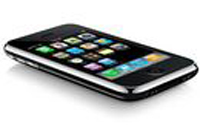
Let's get it out of the way straight away shall we? The iPhone 3G was the biggest product of the year. Even though it was the second time around for the iPhone, the launch was even bigger than the original. This was despite the fact that aside from the arrival of 3G, there wasn't a lot new added to the hardware and most of the improvements came from the 2.0 software, which added Exchange support and the ability to add third-party applications via Apple's App store.
Even the lack of some seemingly basic mobile phone features such as MMS and copy and paste haven't been enough to spoil the party and the iPhone 3G rides high as the technology event of the year.
Asus started the ball rolling in 2007 with the launch of the first Eee PC, but netbooks really hit their stride in 2008. Indeed, at the beginning of the year the term netbook had still to establish itself as an umbrella term for these small, light, sub notebooks that had just enough power to run a full operating system, be it Linux or Windows XP.
The MSI Wind introduced a 10in screen, fine build quality, a decent - if not quite perfect - keyboard, and Intel's Atom N270 running at 1.6GHz powering along Windows XP with help from 1GB of RAM. Storage is provided by an 80GB conventional disk- and there's nothing wrong with that. Staying power on the standard battery was a little lacking, but overall it was enough to show that netbooks could be a sensible and realistic choice for viewing content on the move.
Sign up today and you will receive a free copy of our Future Focus 2025 report - the leading guidance on AI, cybersecurity and other IT challenges as per 700+ senior executives
Windows Server 2008 was a landmark release for Microsoft. Forget all the trials and tribulations of Vista, this was a release that demanded the attention of the enterprise world. A component based architecture, enabling more lightweight and resource efficient deployments was central to its philosophy, with Microsoft looking to distance itself from the bloatware reputation that its previous server products were saddled with.
Indeed, a standard base install of Server 2008 offers almost no functionality, requiring you to choose roles to add, and an entirely GUI free version of the product is avaiable too. Virtualisation is also integral to the product, especially since Microsoft released Hyper V.
The appearance of Google Chrome on the scene took almost everyone by surprise. Google releasing a browser is big news but the fact that its existence hadn't even hit the rumour-mill was an achievement in itself.
Even better was that the browser itself was very good indeed. It was noticeably faster than Firefox and stable too. This was thanks to its use of a separate process for each tab, so if any one crashed it wouldn't take any others down with it. We also liked the clean interface and the simplicity of the single search/address bar. As it comes out of beta next year, the sheen from Google Chrome is likely to get even brighter.
5.Boston 3000GP - AMD Shanghai Server
For AMD, a successful launch of its latest server processor 'Shanghai' was crucial. It had been losing out to Intel for some time in the desktop space, and holding on to its server market share would be very important. Shanghai was also its first 45nm part, so a lot could go wrong. Fortunately for the company, the launch went smoothly and the part soon found its way into a review system that thoroughly impressed our erstwhile Dave Mitchell. Job done.
Benny Har-Even is a twenty-year stalwart of technology journalism who is passionate about all areas of the industry, but telecoms and mobile and home entertainment are among his chief interests. He has written for many of the leading tech publications in the UK, such as PC Pro and Wired, and previously held the position of technology editor at ITPro before regularly contributing as a freelancer.
Known affectionately as a ‘geek’ to his friends, his passion has seen him land opportunities to speak about technology on BBC television broadcasts, as well as a number of speaking engagements at industry events.
-
 Spanish spyware outfit uncovered, develops exploits for Windows, Chrome, and Firefox
Spanish spyware outfit uncovered, develops exploits for Windows, Chrome, and FirefoxNews Google was only able to discover the company after an anonymous submission was made to its Chrome bug reporting programme
-
 Google adds new security vendor plugins for Chrome, improved Chrome OS policy controls for IT admins
Google adds new security vendor plugins for Chrome, improved Chrome OS policy controls for IT adminsNews New integrations across various security pillars aim to improve Chrome OS and Chrome browser security for enterprise customers
-
 Google patches second Chrome browser zero-day of 2022
Google patches second Chrome browser zero-day of 2022News Google acted quickly to secure against the type confusion vulnerability that was under active exploitation
-
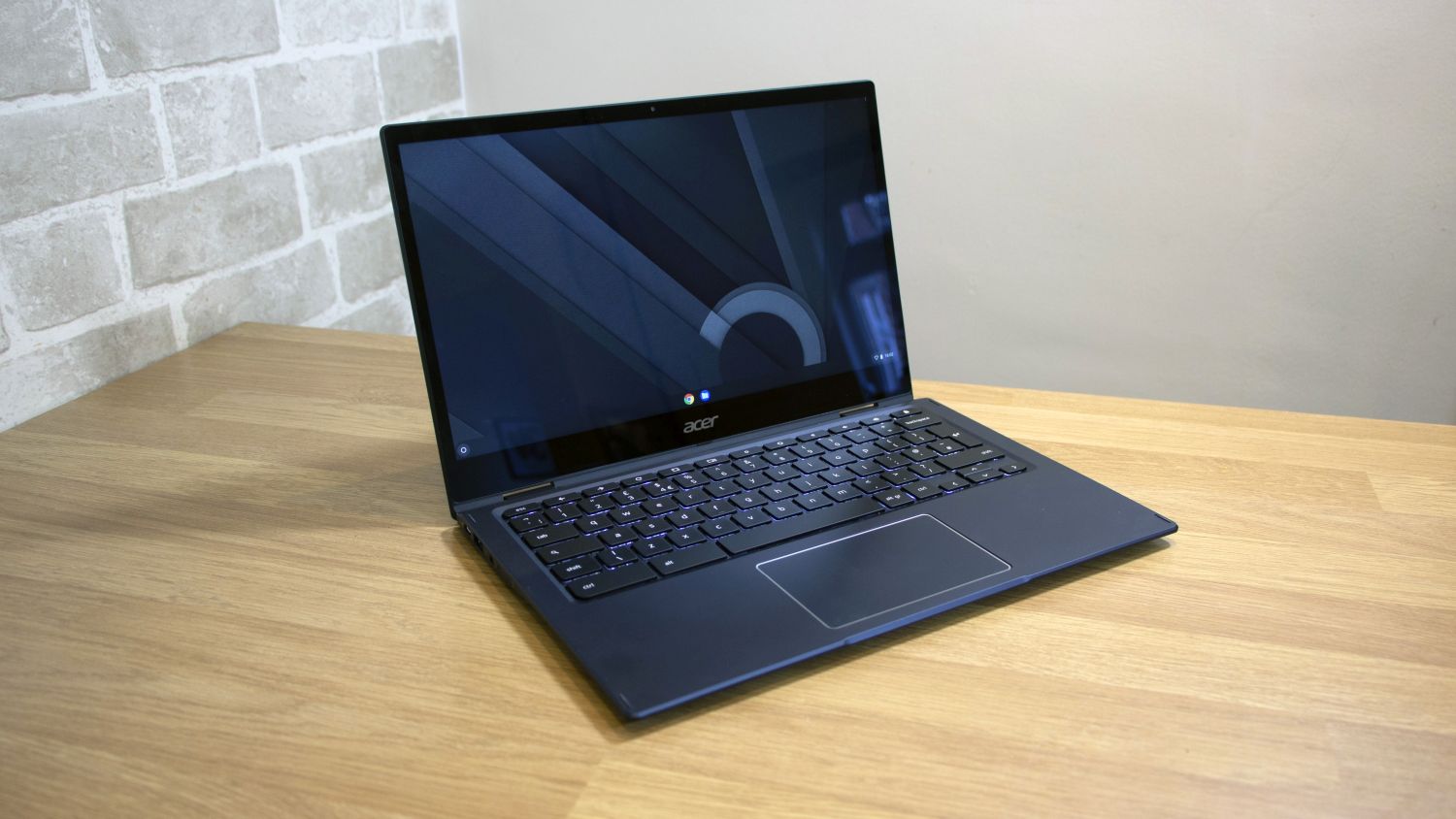
 Acer Chromebook Spin 513 review: Cheap and mostly cheerful
Acer Chromebook Spin 513 review: Cheap and mostly cheerfulReviews An affordable Chromebook convertible with good looks but mediocre performance
-
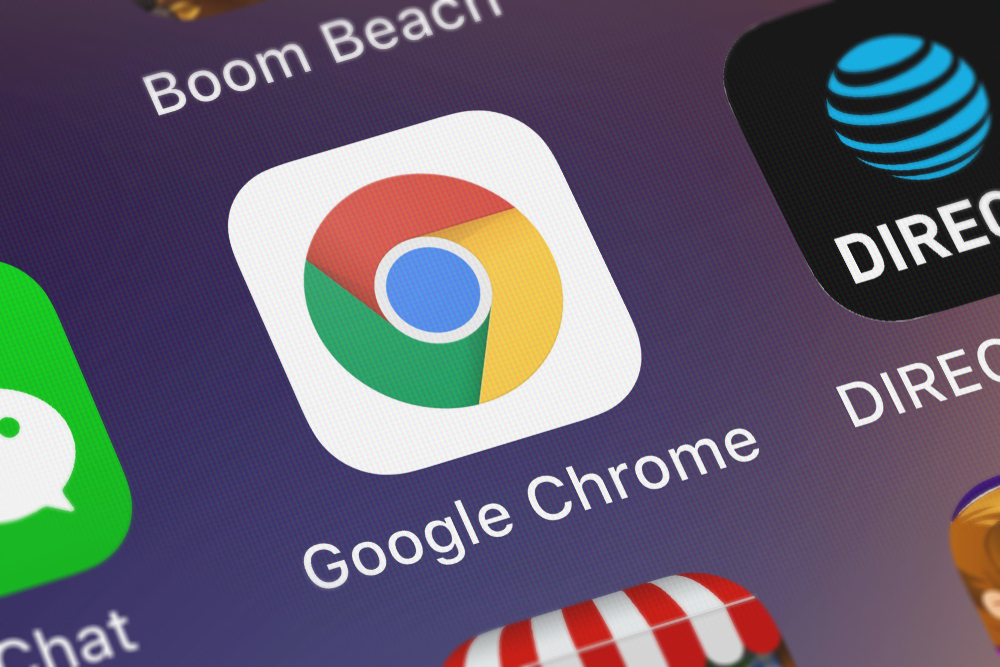 Google says Chrome is now faster than Safari on Apple Silicon
Google says Chrome is now faster than Safari on Apple SiliconNews According to Apple's own benchmarks, Chrome 99 scored the highest out of any browser ever tested
-
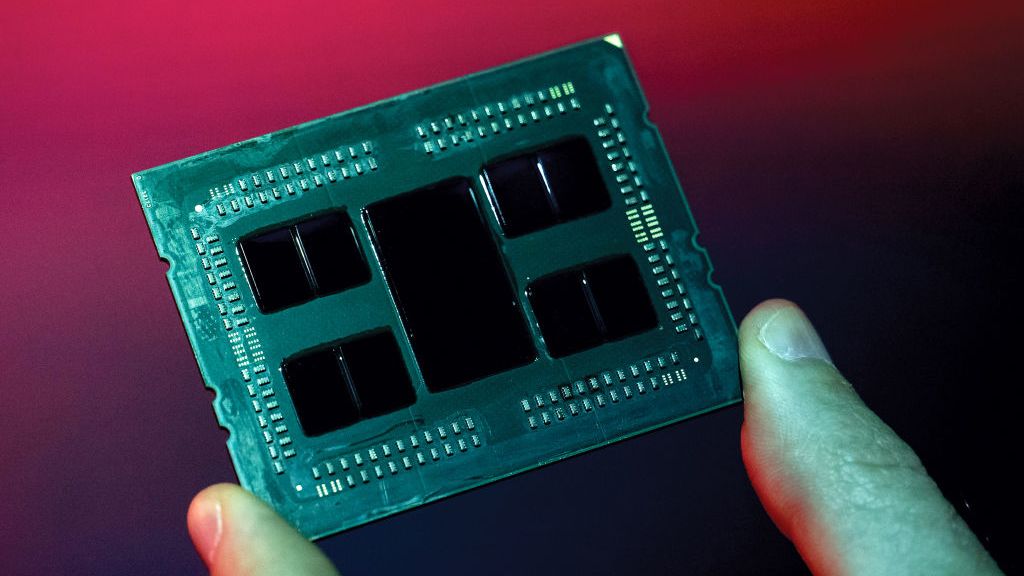 AMD and DoiT partner to help Google Cloud customers maximise performance
AMD and DoiT partner to help Google Cloud customers maximise performanceNews The collaboration also aims to reduce costs and improve the security of cloud workloads running on Epyc
-
 Google Chrome update fixes zero-day under active exploitation
Google Chrome update fixes zero-day under active exploitationNews Google releases a fresh wave of patches for severe vulnerabilities that could facilitate code execution and system takeover via Google Chrome
-
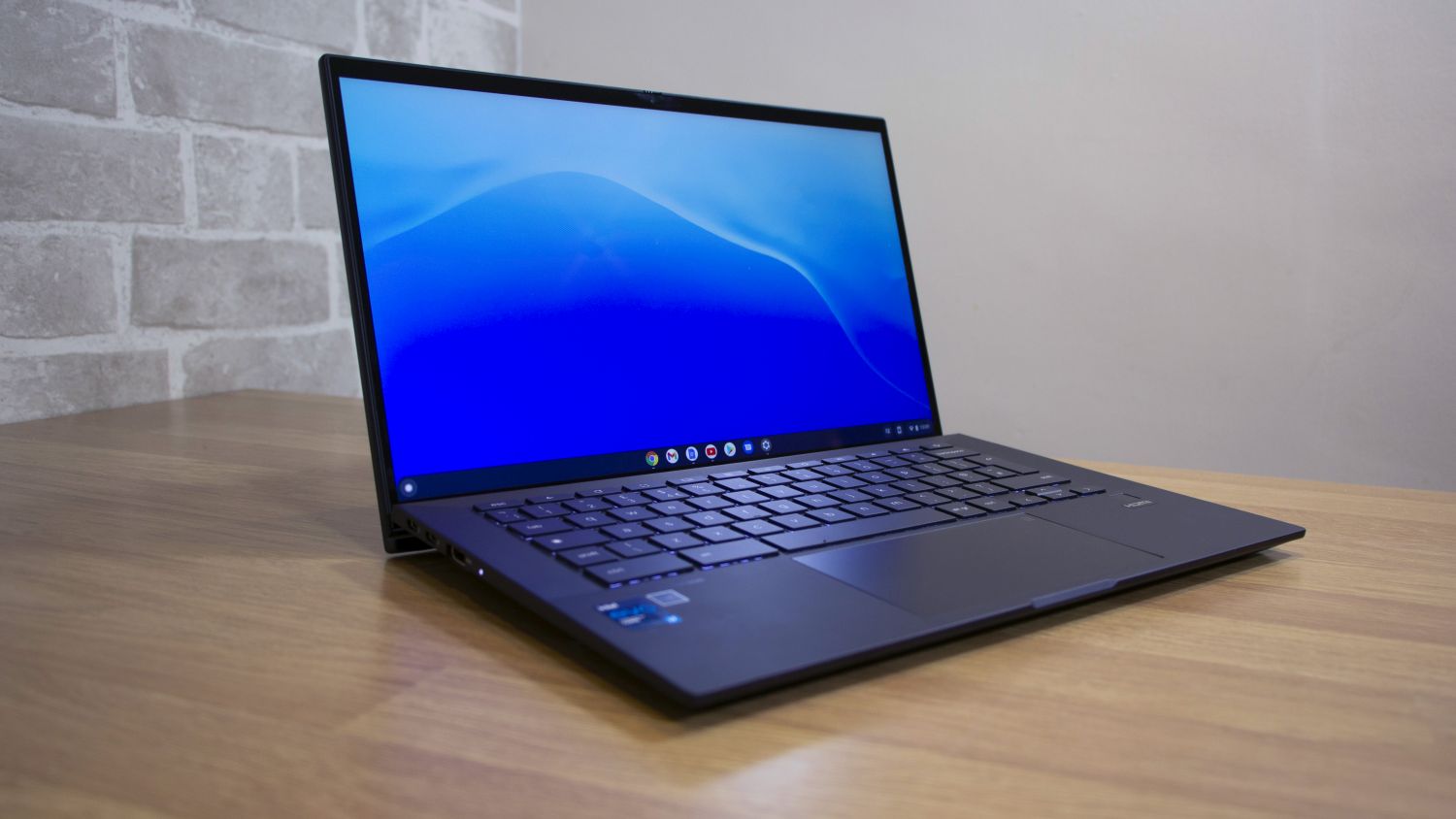
 Asus Chromebook CX9 (CX9400CE) review: The most stylish Chromebook on the market
Asus Chromebook CX9 (CX9400CE) review: The most stylish Chromebook on the marketReviews A sleek, expensive Chromebook that tries to bring professional style to Google’s OS


